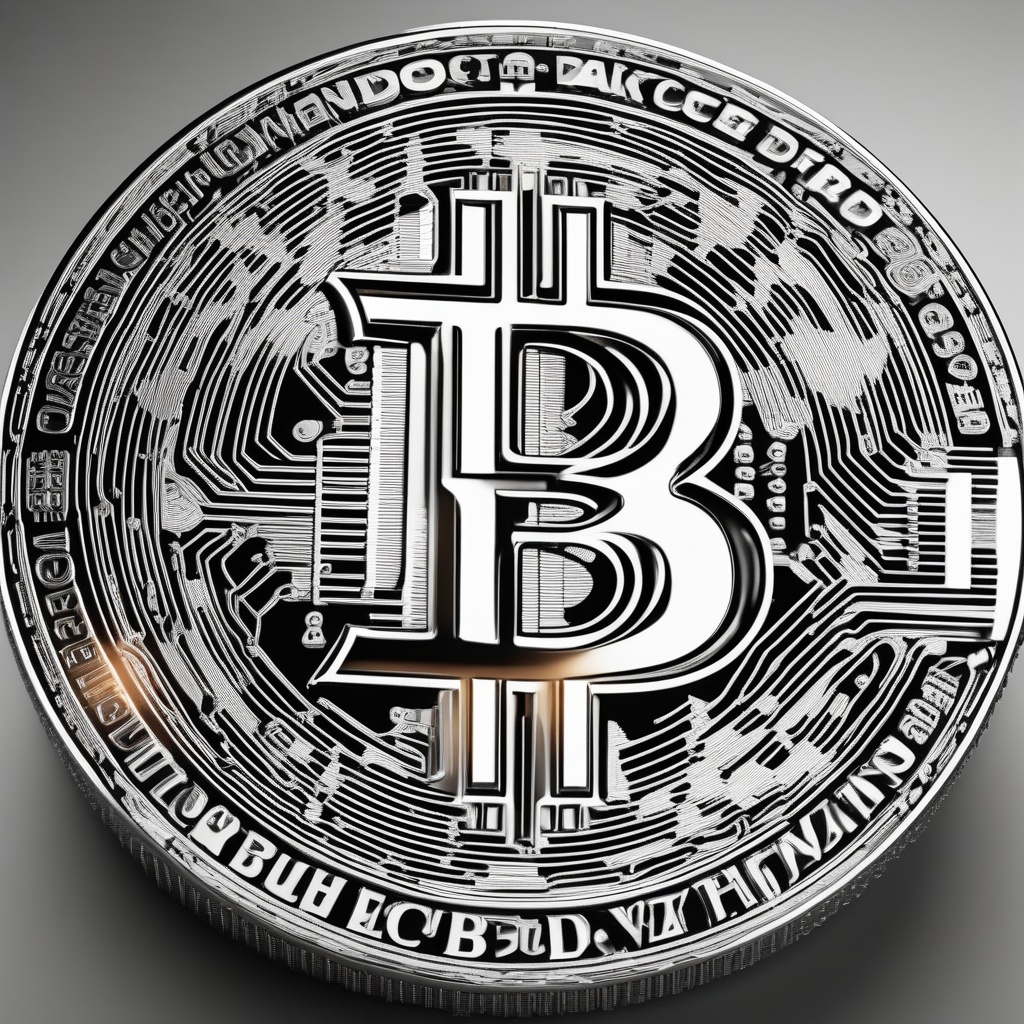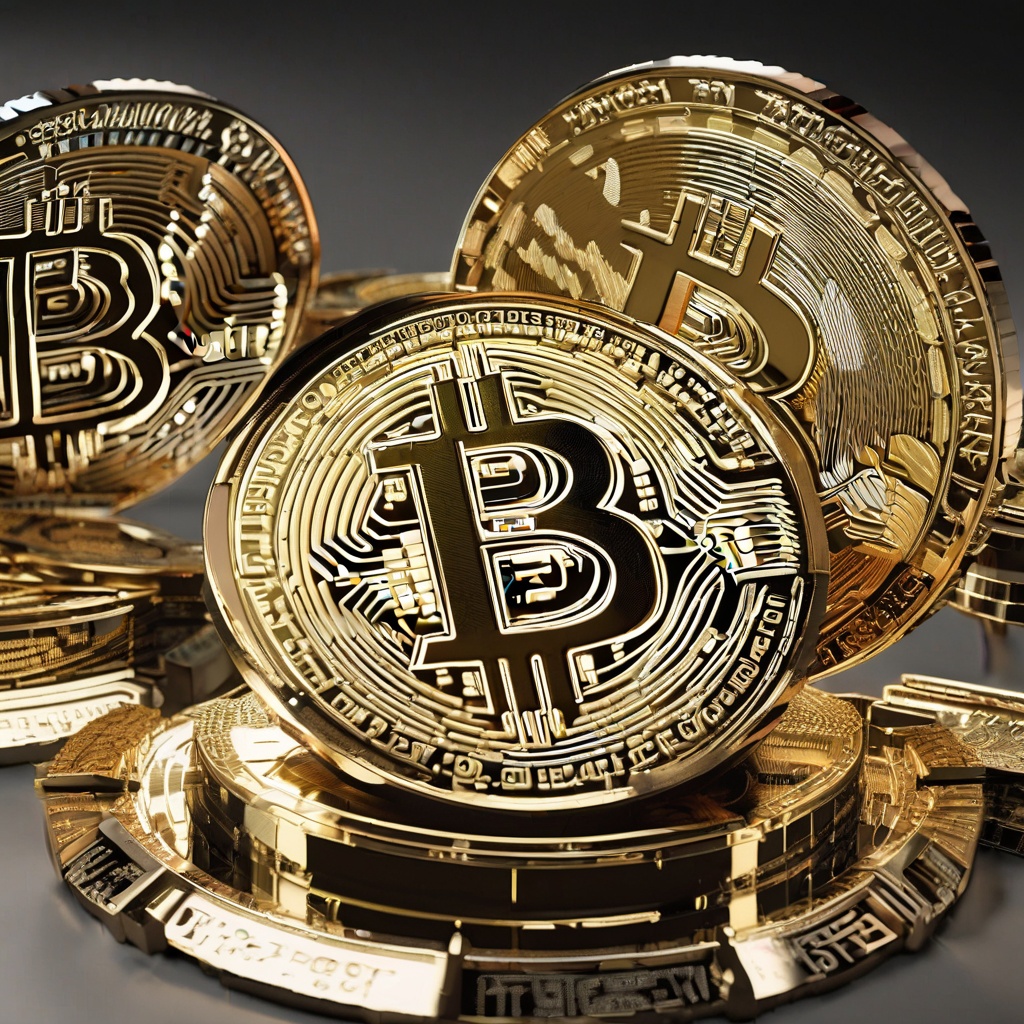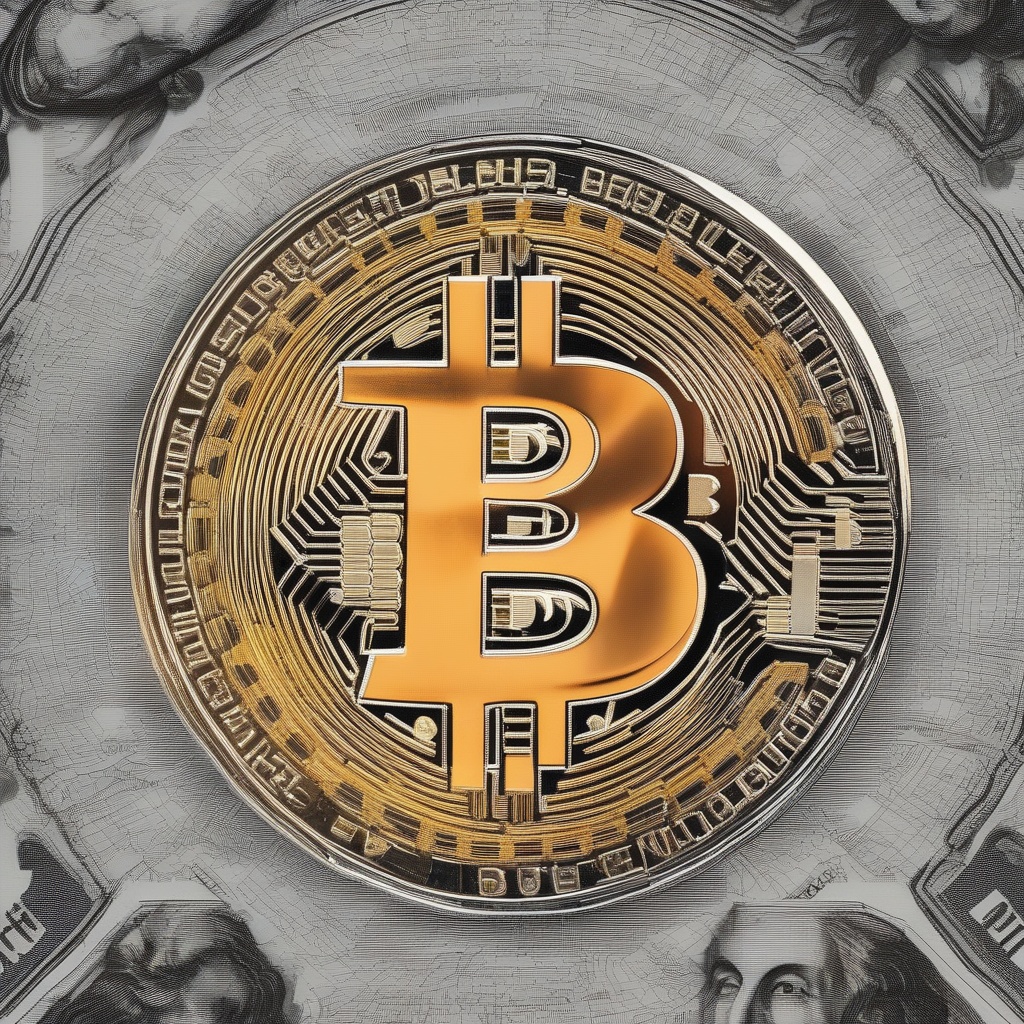How risky is Litecoin?
I'm wondering about the level of risk associated with Litecoin. Is it a SAFE investment, or should I be cautious? How volatile is it compared to other cryptocurrencies?

What is the riskiest thing to invest in?
I'm considering investing some money, but I'm not sure where to put it. I want to know what the riskiest investment option is, as I'm aware that higher risks often lead to higher returns. What should I be cautious about when investing in such risky assets?

What is the risk of digital identity?
I'm concerned about the potential risks associated with digital identity. As we increasingly rely on online platforms for various activities, I want to understand the dangers that come with sharing personal information and how it could be misused.

What is the risk of wrapped tokens in Coinbase?
I'm concerned about the potential risks involved with wrapped tokens in Coinbase. Could someone explain the risks associated with these tokens and how they might affect my investments?

Is there risk in staking coins?
I'm considering staking coins as a way to earn passive income, but I'm concerned about the potential risks involved. Is there any danger in staking my digital assets, and if so, what are the specific risks that I should be aware of?

